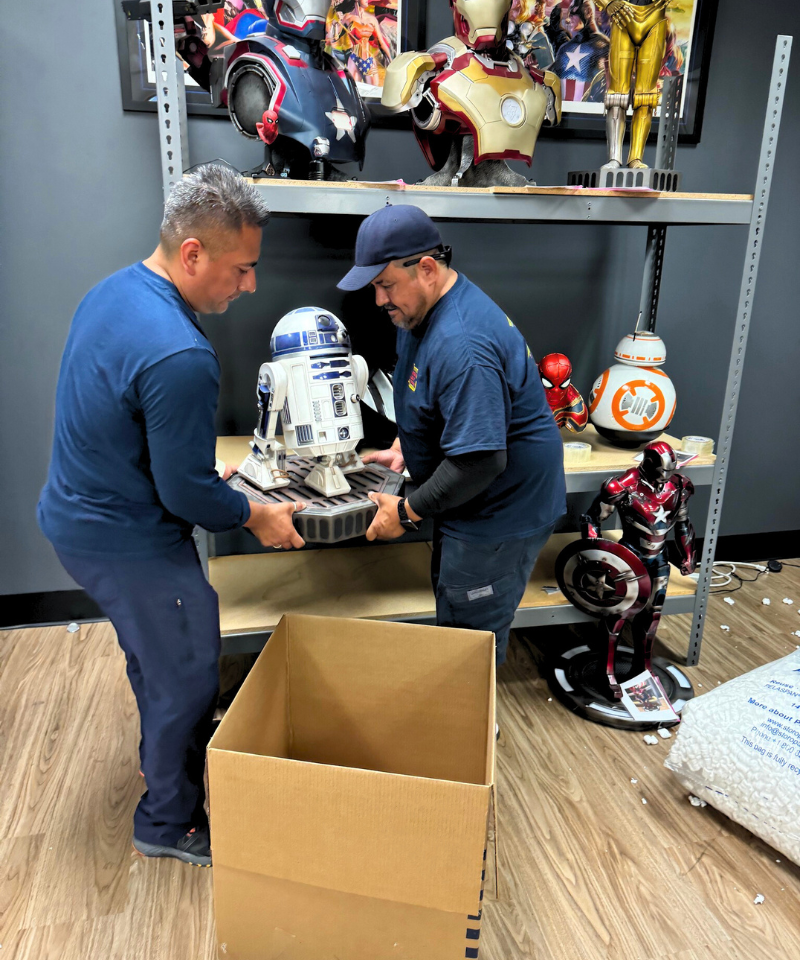
Section class module
LATEST ISSUE
Amplifier Winter 2024
Technology is capable of many things, but one thing it can never replicate is the knowledge and experience that the people of Atlas® possess. And for Atlas, that is the key to the company's future.
Service Member Salute
The entire Atlas® family wishes to express gratitude and appreciation to the courageous men and women who serve our country in the armed forces.
Agents in the News
Get the latest news about Atlas® agents -- celebrating milestones, awards and community efforts in the moving industry.
Contact the Amplifier
EMAIL
marketing@atlasworldgroup.com
PHONE
1-800-638-9797




